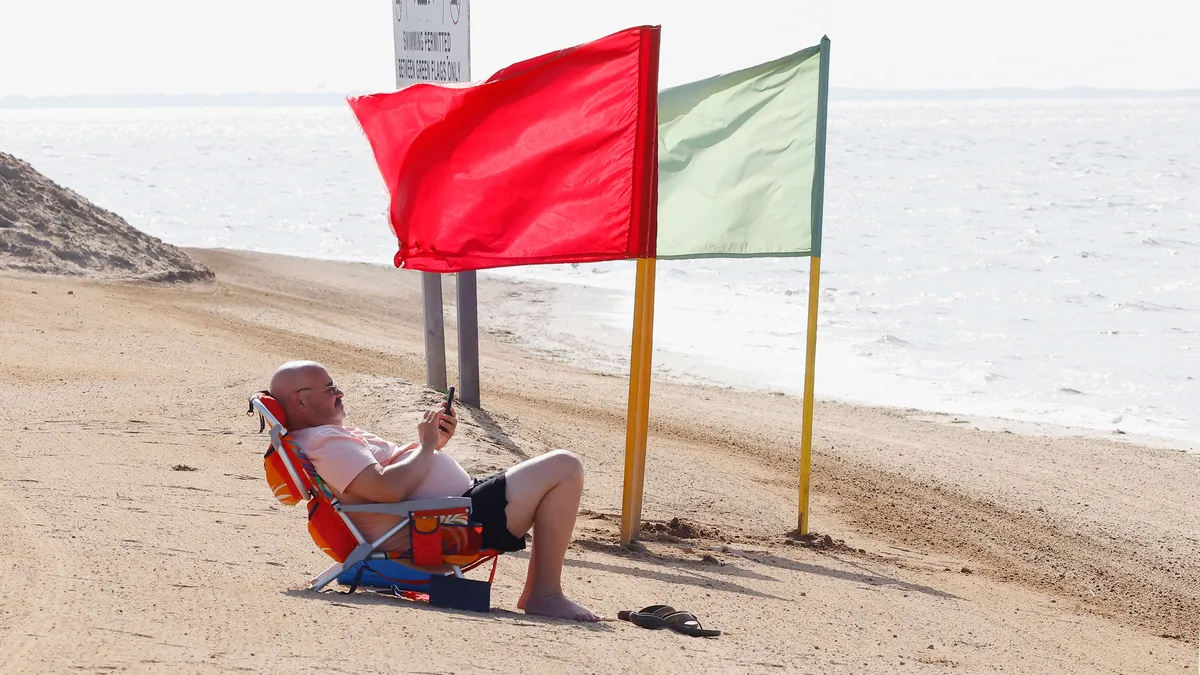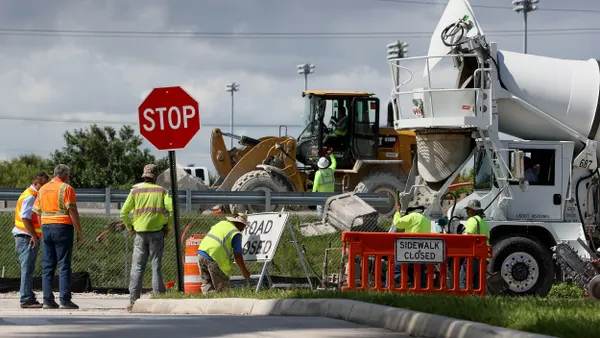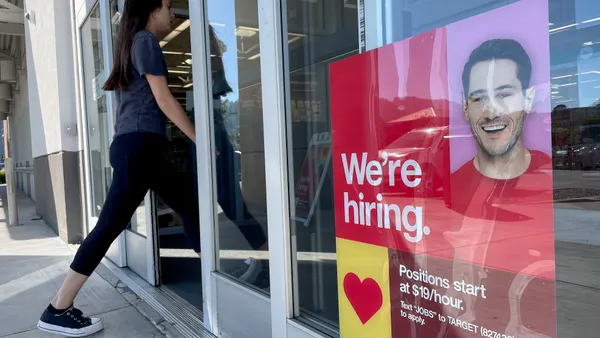Work cultures in the U.S. and Europe appear to align with some of the most common stereotypes about work-life balance and beliefs, with Americans working longer and Europeans vacationing more, according to an Oct. 20 report from Kickresume.
In addition, Americans tend to feel more stressed, while Europeans express higher satisfaction with their work-life balance.
“While both sides of the Atlantic report feeling the pressure to work hard, Europeans seem to fare better in maintaining a healthier work-life balance,” Julie Mlcuchova, a career writer at Kickresume, wrote in the report.
“Ultimately, these findings highlight the importance of balancing work and personal life for overall happiness and productivity,” she wrote. “While there’s no one-size-fits-all solution, policies that protect workers’ time could make a big difference, particularly for those struggling with burnout and exhaustion.”
In a survey of more than 1,200 workers in the U.S. and Europe, 40% of Americans said they work 41-50 hours per week, as compared to 26% of Europeans. Mid-level professionals in both regions were most likely to say they work overtime daily.
About 33% of Americans said they often feel guilty about taking time off, as compared to 18% of Europeans. Nearly 19% of Americans said they feel pressured to avoid taking sick days as well.
In terms of vacation, 60% of Americans said they never take longer holidays of two or more weeks, while 30% of Europeans said they took more than 25 vacation days. Only 5% of Europeans said they take five or fewer days off, as compared to 26% of Americans.
More than half of Europeans said they’re happy or very happy with their work-life balance, as compared to 34% of Americans. In the U.S., more than half said their colleagues seem stressed often or all the time.
In 2024, “quiet vacations” made headlines among U.S. workers — which may also signal problems with work-life balance, according to a Perceptyx report. While 7 in 10 people may work during their vacations, those same workers are also twice as likely to take a quiet vacation day, which could suggest overworked employees are trying to “regain some work-life balance,” the company said.
Although most U.S. workers say they’re satisfied with their employer’s paid time off and vacation policies, 3 in 4 don’t use the maximum PTO permitted by their employers, according to a Harris Poll survey. Workers cited heavy workloads and pressure to be available and responsive.
If workers won’t take their vacation days, leaders can encourage time off and set an example by taking time for themselves, according to a report from Eagle Hill Consulting. Employees pointed to several barriers to vacation, such as cost, heavy workloads and a lack of paid time off.















